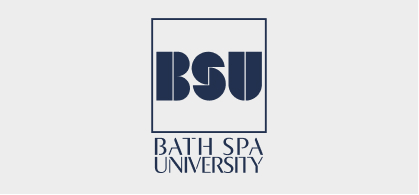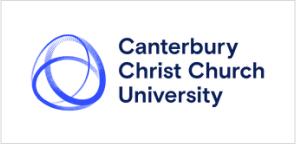This MSc Counselling and Psychotherapy in designed to allow you to make clear links between academic theoretical input and current or future practice, offering a mix of taught sessions in class and a practice placement opportunity in a relevant therapeutic setting. This programme is aligned with UN Sustainability Goal 3 – to ensure healthy lives and promote well-being for all at all ages.
You’ll learn approaches and models in counselling and psychotherapy, awareness of diversity and cultural competence, communication skills and self-reflection, therapeutic approaches, ability to identify, plan and implement appropriate intervention and meet need, will form a core thread to the programme.
Academic teaching will be delivered by a combination of qualified staff, experts in the field of counselling and psychotherapy, and on site/in clinic practice supervisors.
You can expect a range of teaching delivery models and different forms of assessment, from written assignments to viva presentations, culminating in a final research project linked to a specific area of interest within the field.
What Our Students Say
FAQ
1. What skills can I gain from a master's in counselling and psychotherapy?
An MSc in Counselling and Psychotherapy is an advanced degree. You will develop creative and therapeutic process skills, clinical knowledge and practical tools essential for professional practice. The course will also help you enhance your expressive personal development, deepen self-awareness, and practice reflective care, which are essential in client-facing roles.
2. Is a career as a psychotherapist better than a counsellor?
The choice between becoming a counsellor or psychotherapist depends on the career pathway you want to pursue and your long-term goals. Psychotherapists typically engage in deep, long-term therapy and often require more advanced training. A master’s in counselling and psychotherapy, like the MSc at GBS, can help you explore both professions. Whether you pursue talking therapy courses or in-depth psychotherapy, both careers are respected, in demand and impactful in the UK healthcare sector.
3. What qualifications are needed for a master's in counselling and psychotherapy?
To enrol on an MSc Counselling and Psychotherapy programme at GBS, you typically need a degree or an equivalent qualification. Please check the course-specific requirements before applying. For more information on entry requirements, email the admissions team at admissions@globalbanking.ac.uk.
4. What career opportunities are available after a master's in counselling and psychotherapy?
Graduates of the MSc psychology or MSc counselling psychology can pursue roles such as psychotherapist, counselling psychologist, mental health therapist or clinical supervisor. You can explore rewarding opportunities in schools, hospitals, private clinics and community outreach services as a mental health counsellor, school counsellor, social worker or family therapist.
5. What's the difference between counselling and talking therapy?
Counselling is a form of talking therapy, but the terms are sometimes used interchangeably. Talking therapies are when individuals talk to a trained professional to address their mental and emotional issues. It is a long-term commitment and involves a range of therapeutic approaches. Counselling, on the other hand, focuses on current issues and short-term support. It addresses immediate issues or situations, such as relationship problems, career changes or grief.
6. What is the MSc Counselling and Psychotherapy programme?
GBS's MSc Counselling and Psychotherapy is a postgraduate course that blends academic study with practical training in therapy. It focuses on developing creative and therapeutic skills and applying those skills and psychological theories in real-world settings. Through experiential learning and expressive personal development, you will have a chance to build the self-awareness and clinical competence required for professional practice in the UK.
7. Is GBS's MSc Counselling and Psychotherapy programme accredited in the UK?
Yes, GBS’s MSc Counselling and Psychotherapy programme is validated by Bath Spa University and aligns with industry standards. This ensures the academic rigour and professional relevance required for further registration with professional therapy organisations in the UK.
7. Does the MSc Counselling and Psychotherapy programme include placement or clinical practice?
Yes, it does. To become registered with the British Association for Counselling and Psychotherapy (BACP), students are required to complete at least 100 hours of clinical practice. For the MSc Counselling with Psychotherapy programme at GBS, these 100 hours can be done over 6 weeks, working two days a week. Students will be placed in a suitable therapy setting, where they will connect theory with practice, understand different counselling approaches, manage a small caseload under supervision, improve their communication skills, work with varied needs, create care or treatment plans, recognise risks to individuals or others, and make recommendations for future support.

 Make a call
Make a call
 Prospectus
Prospectus
 Email
Email
 Whatsapp
Whatsapp















